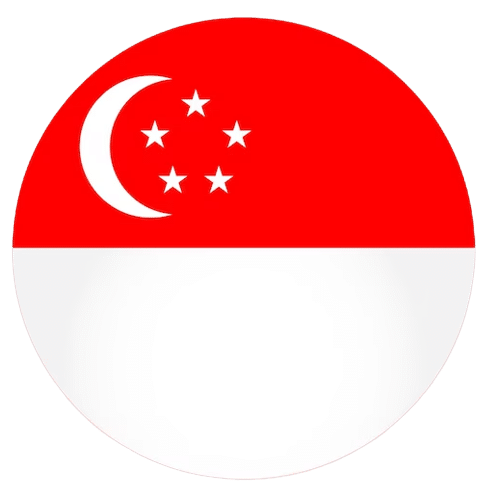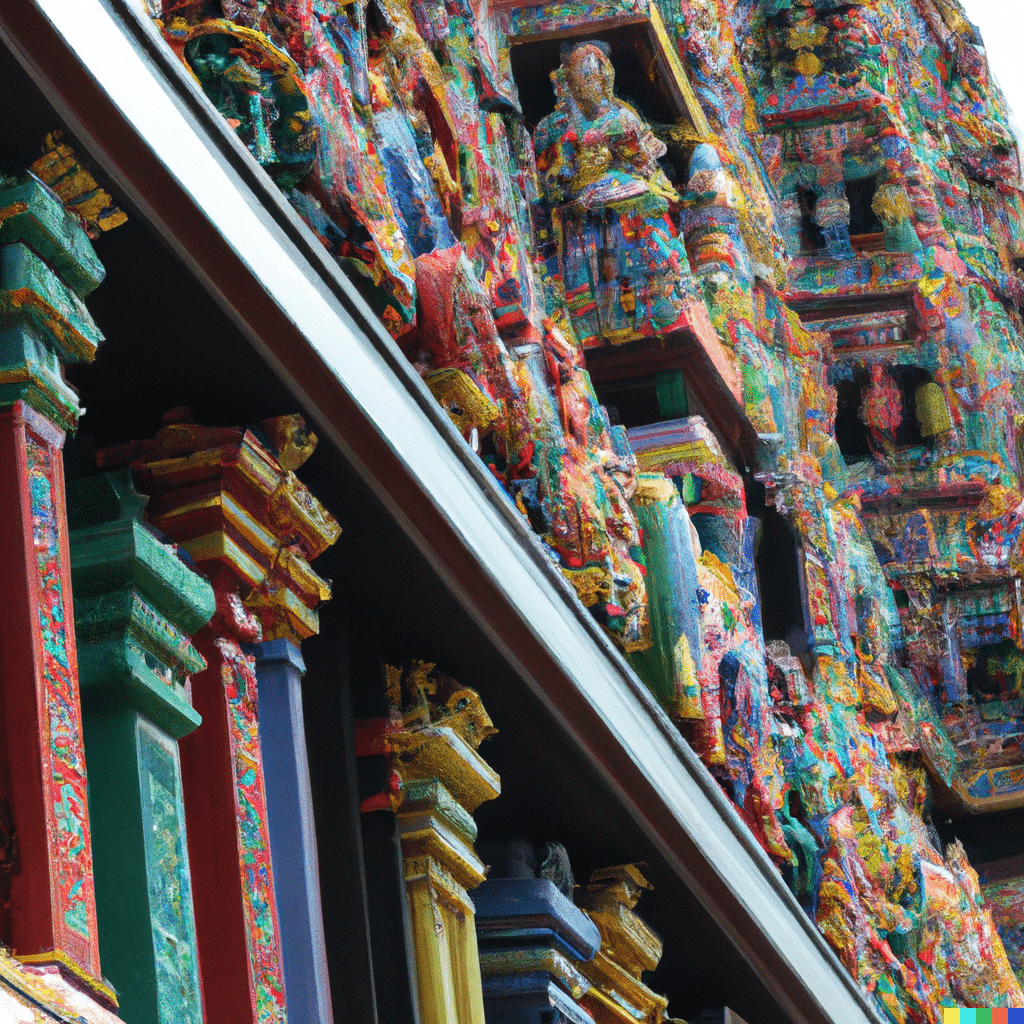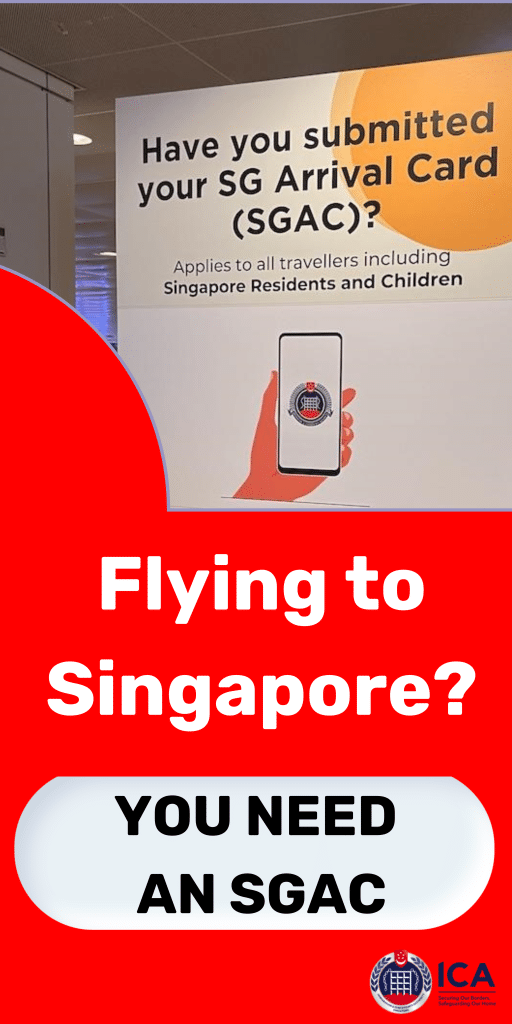As a diverse society with ethnicities and faiths from across the world, Singapore boasts a rich religious landscape.
The island nation celebrates remarkable religious diversity, with numerous major world religions represented. Yet harmony and tolerance between faith groups prevail, reflecting Singapore’s commitment to interfaith unity.
This article provides an overview of the major religions practiced in Singapore. We’ll explore their origins locally, key beliefs and practices, interactions with culture, and the role of racial harmony policies in forging religious accord.
By understanding Singaporean religious diversity and respectful coexistence, we gain perspective on what makes Singapore exceptional as a secular yet profoundly spiritual nation.
Buddhism in Singapore
Buddhism has the most followers in Singapore, adhered to by over 30% of the population. Its expansion coincided with waves of Chinese migration to Singapore:
- Most local Buddhists follow Mahayana tradition originating from China.
- Key philosophical elements include dharma, samsara, karma, nirvana.
- Both lay devotees and monastic Sangha communities exist.
- Main festivities are Vesak Day, celebrating Buddha’s birth, and Lunar New Year.
- Chinese-style temples dot the island, eclectically mixing faiths.
- Engaged Buddhists advocate for social justice and environmentalism.
From centuries-old temples to modern liberal Buddhist movements, various streams of Buddhism thrive in Singaporean life.
Taoism and Chinese Folk Religion
Taoism arrived in Singapore alongside early Chinese settlers:
- Indigenous Chinese religion incorporating Confucian ethics, ancestral worship, and belief in gods/spirits.
- Taoist adherents follow philosophical teachings attributed to Lao Tzu and Zhuangzi.
- Seeks harmony with the Tao, or essence of nature and universe.
- Folk Taoist pantheon includes various gods like the Jade Emperor.
- Fortune telling, amulets, feng shui and other practices used to divine outcomes.
- Major celebrations include Chinese New Year and Hungry Ghost Festival.
Chinese folk Taoism is intertwined in culture through shrines, mediumship and various customs in Singapore.
Singaporean Christianity
Protestantism and Catholicism are Singapore’s second and third largest religion:
- Brought by both British colonists and missionaries in early 19th century.
- Major denominations are Anglican, Methodist, Presbyterian, Baptist, Lutheranism, evangelical mega-churches.
- Distinct Catholic parishes serve main language groups – English, Chinese, Tamil.
- Bible classes, charity work and prayer fellowships common practices.
- Christmas and Good Friday are national holidays.
Though minority faiths, Christian institutions like schools and welfare organizations have significance in civil life.
Singaporean Islam
Islam has deep roots in Singapore since the 13th century:
- Constitution enshrines Islam as official religion of Malay community.
- Majority Sunni following Shafi’i school; minority Shi’ites also present.
- Mosques serve as community focal points offering welfare services.
- Main celebrations are Hari Raya Haji and Hari Raya Puasa ending Ramadan fast.
- Younger generation seeks to integrate Islam with modern society.
- Madrasah religious schools teach Islamic knowledge, values, way of life.
Singaporean Muslims balance devout faith with active participation and leadership across society.
Hinduism in Singapore
Brought from India by early migrants, Hinduism is integral to Singaporean Indian culture:
- Majority worship Shiva or Vishnu; some follow Brahmanical or folk traditions.
- Cultural practices like classical Bharatanatyam dance and Carnatic music.
- Deepavali festival of lights celebrated by entire nation.
- Temples like Sri Mariamman serve as community hubs.
- Distinct identity markers visible through dress, cuisine, folklore.
- Younger generation challenges orthodoxy and drives reform.
A cradle of Indic civilization, Singaporean Hinduism preserves tradition through vibrant cultural expressions.
Other Minority Faiths
Sikhs, Jains, Jews and other groups constitute smaller religious communities:
- Sikhism – Came through British Indian army. Maintain Sikh temples and code of conduct.
- Jainism – Small community of business immigrants from India focused on non-harm ethos.
- Judaism – Singapore synagogues serve Jews of Baghdadi descent and expatriates.
- Zoroastrianism – Traced to Parsis from South Asia. Primary fire temple located in Singapore.
- Baha’i – Inspired by prophet Baha’u’llah, emphasizes spiritual unity of mankind.
Though tiny in numbers, these groups still openly practice and preserve their faiths in Singapore.
Policy Promoting Religious Harmony
Singapore upholds interfaith harmony through principles like:
- Secular constitutional framework separating religion from governance.
- Freedom of religion enshrined as a fundamental liberty.
- Public holidays accommodate major celebrations across faiths.
- Common secular schools; religious education managed separately.
- Public housing ethnic integration policy prevents religious enclaves.
- Hate speech that inflames religious tensions outlawed.
- Restraint on insensitive proselytization.
- Interfaith drives like inter-religious harmony circles.
Religious freedom and mutual tolerance are essential pillars of Singapore’s multi-hued social fabric.
Conclusion
Regardless of which faith calls to them spiritually, Singaporeans have embraced religious diversity while forging shared identity and Purpose. Religions are celebrated for their universal messages advocating peace, service and community.
By accommodating varied faiths with wisdom and empathy, Singapore offers a leading model of peaceful religious pluralism.
The common values linking faiths ultimately matter more than rituals dividing them. With mutual goodwill, Singapore’s religious mosaic shall continue to thrive harmoniously.

Goh Jun Cheng is the chief staff writer for SingaporeAirport.com. Jun Cheng graduated with a degree in journalism from Nanyang Technological University in Singapore.
He has over 5 years of experience writing about aviation, tourism, and lifestyle topics relevant to locals and visitors in Singapore. His articles provide insights into the rich culture, cuisine, and attractions of Singapore. Jun Cheng is an avid traveler who has visited over 15 countries.
When he is not writing or traveling, he enjoys photography, trying new foods, and hiking. As a longtime Singapore resident, Jun Cheng is passionate about sharing hidden gems and perspectives about his home country.




